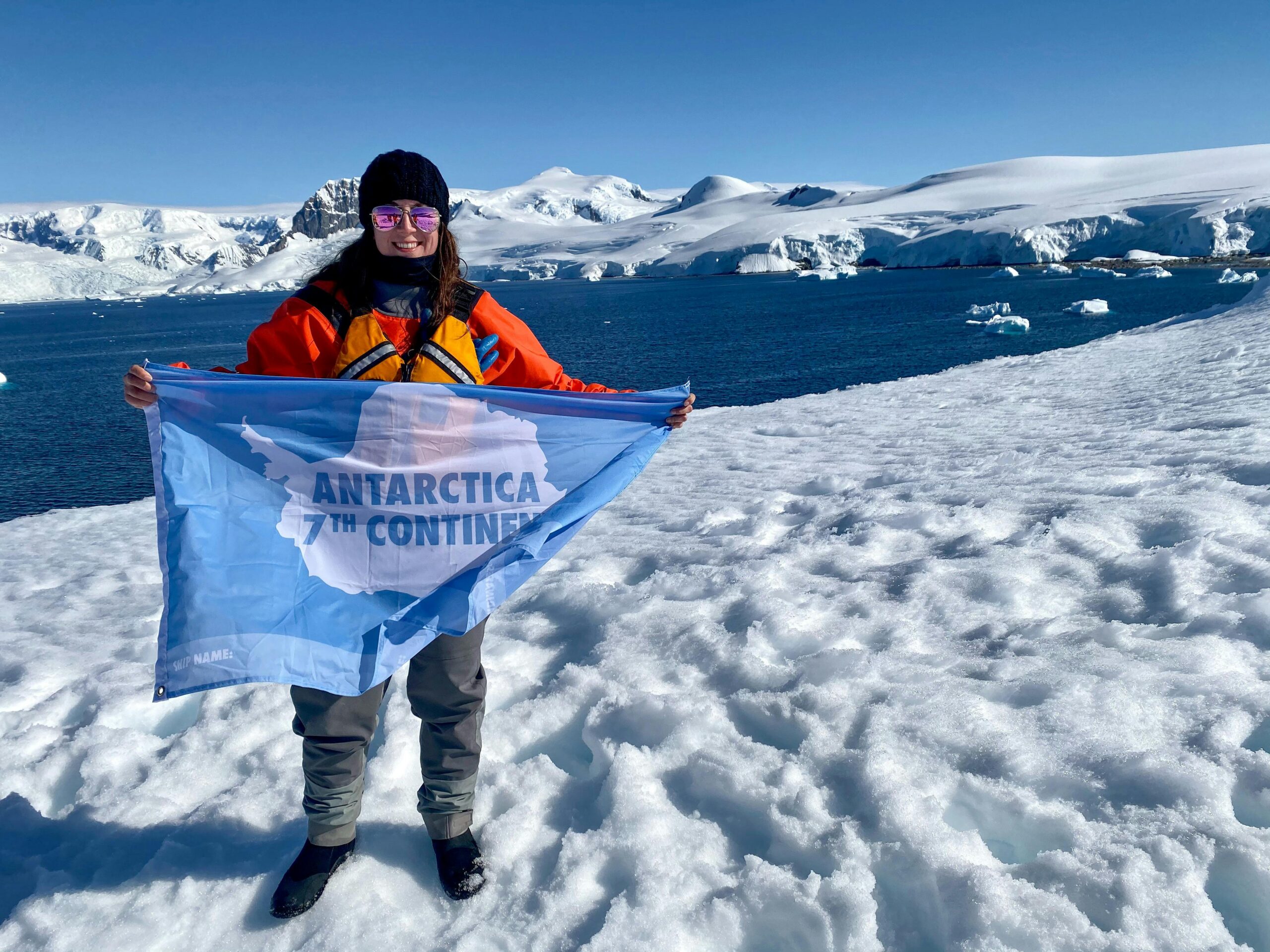Antarctica:
Antarctica is the fifth biggest continent globally, while all its territory lies beneath an ice sheet with water that produces 60 percent of Earth’s fresh water supply. Antarctica represents the coldest continent on Earth, facing the driest climate and strongest winds. Find here the full geography of Antarctica map together with its animal information and location of cities and deserts and appropriate images.
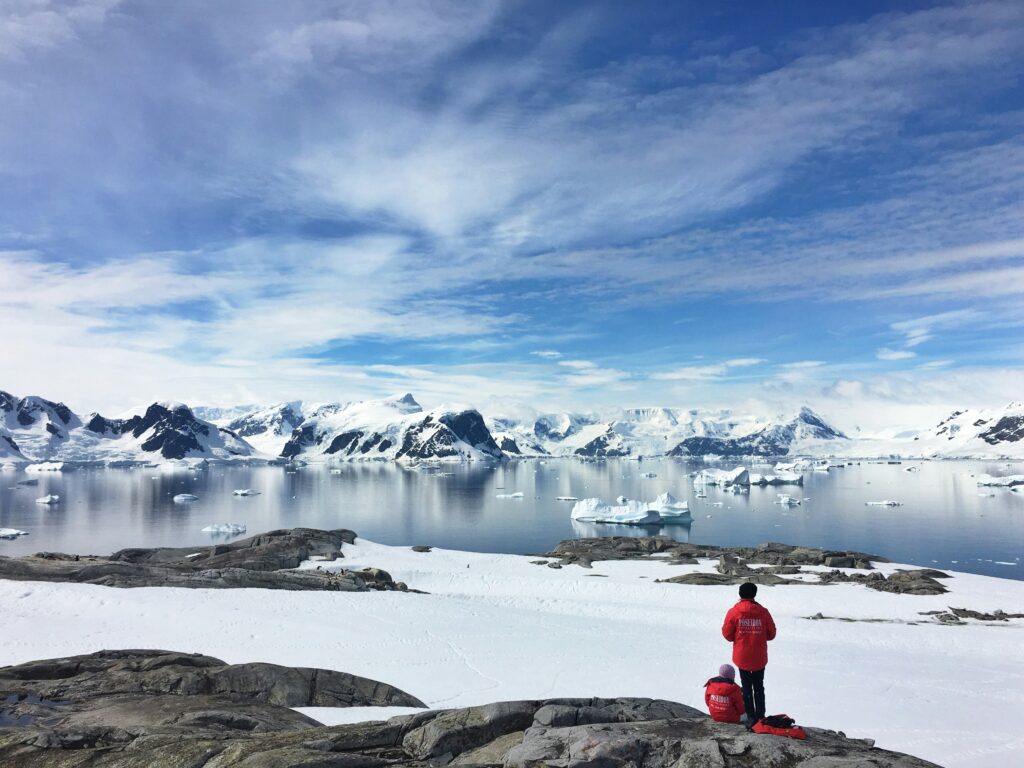
- Size: About 14 million square kilometers (5.4 million square miles), making it the fifth-largest continent.
- Location: Southernmost continent, containing the geographic South Pole.
- Climate: Coldest, driest, and windiest continent. Most of it is a polar desert, with temperatures reaching as low as −80°C (−112°F).
Map Overview
-
- East Antarctica: Larger and mostly covered by a thick ice sheet.
- West Antarctica: It contains the Antarctic Peninsula, which extends towards South America and experiences some of the fastest warming rates on the planet.
- Research Stations: Distributed across the continent, mainly along the coastlines.
Antarctica Map
Physical Features
- Ice Sheets: Covered by an ice sheet that contains about 60% of the world’s fresh water.
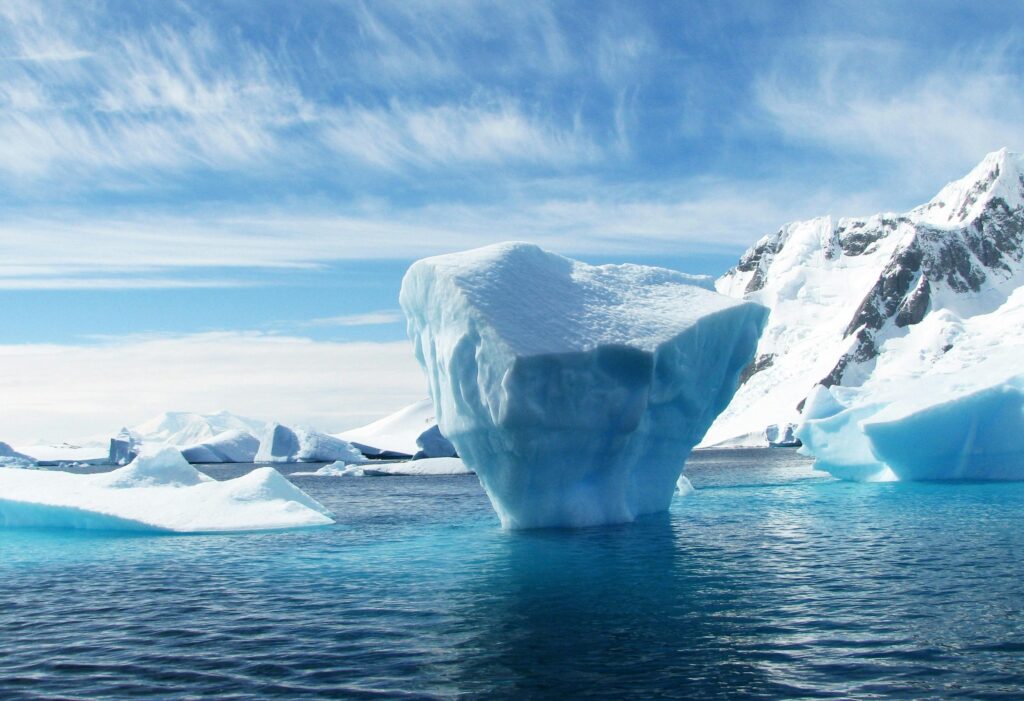
- Mountain Ranges: The Transantarctic Mountains divide the continent into East and West Antarctica.
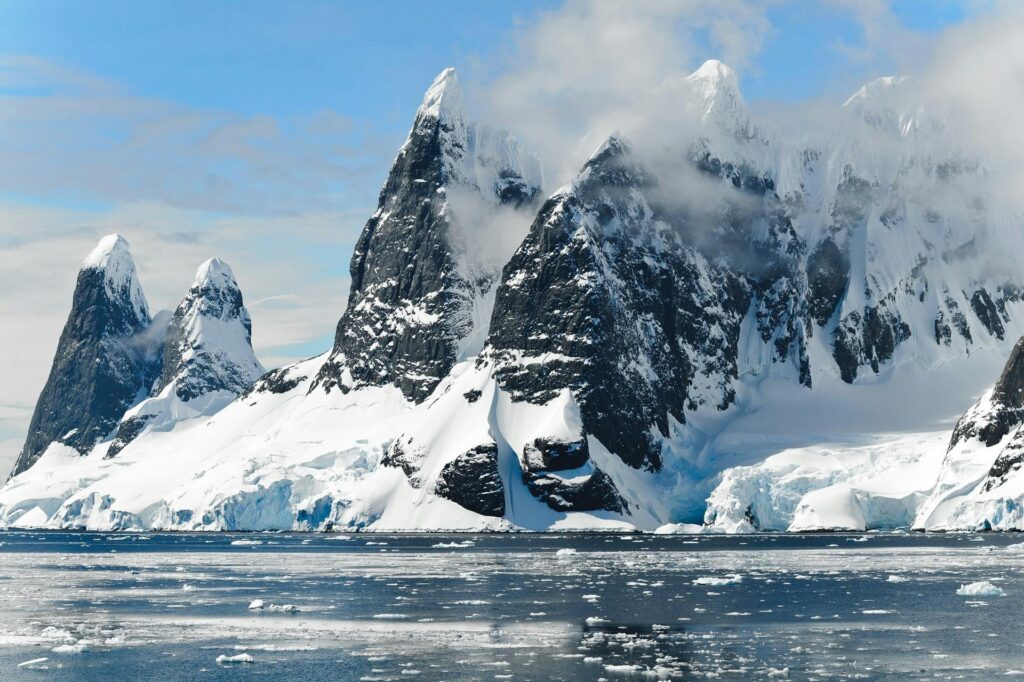
- Highest Point: Vinson Massif, at 4,892 meters (16,050 feet).
- Ice Shelves: Large ice shelves like the Ross Ice Shelf and the Filchner-Ronne Ice Shelf extend from the continent.
See Also
- 10 Interesting Facts about Egypt
- Best Places to Visit in Mexico
- Discover German Countryside: 10 Must-See Villages
Wildlife:
- Penguins: Species such as the Emperor Penguin and Adélie Penguin.
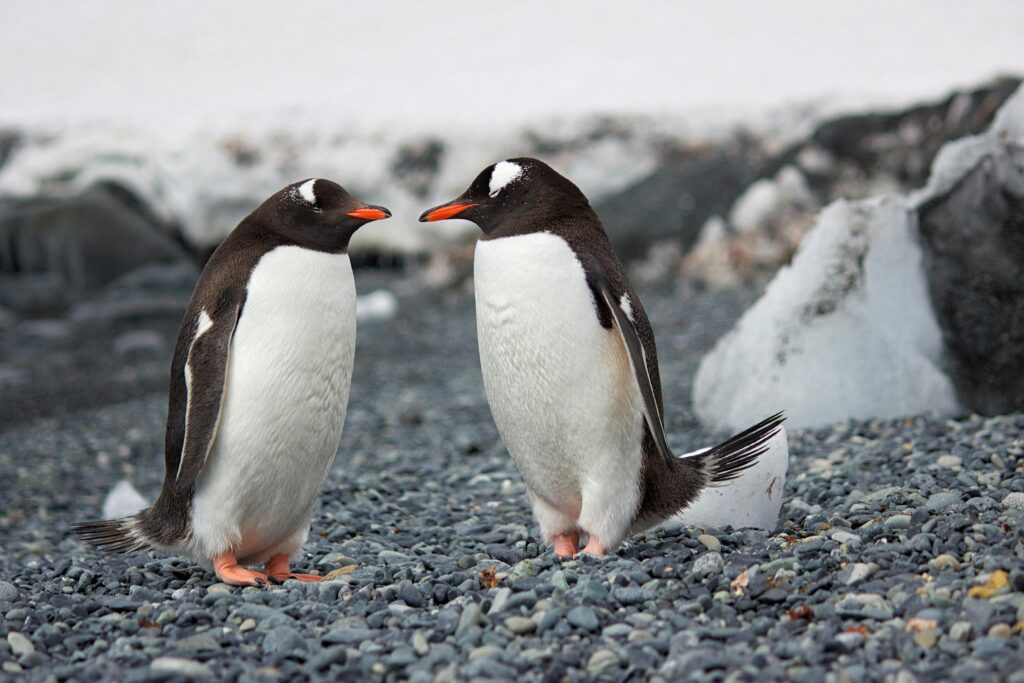
- Seals: including the Weddell Seal, Leopard Seal, and Elephant Seals.
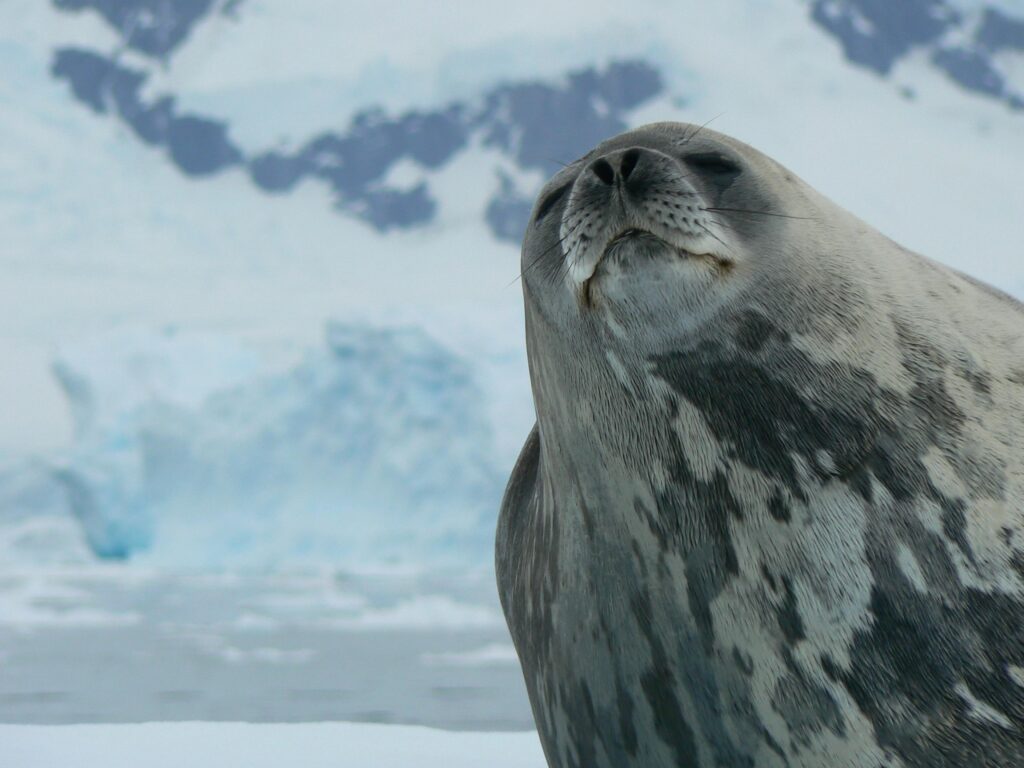
- Birds: Various seabirds, including the South Polar Skua and Antarctic Petrel.
- Marine Life: Rich marine ecosystems
- like krill, are crucial to the food web.
Research and Human Presence:
- Research Stations: Numerous international research stations, such as McMurdo Station (USA), Amundsen-Scott South Pole Station (USA), and Vostok Station (Russia).
- Antarctic Treaty: An international agreement signed in 1959, ensuring that Antarctica is used for peaceful purposes and scientific research.
Environmental Concerns:
- Climate Change: Warming temperatures leading to ice melt and rising sea levels.
- Ozone Depletion: Significant thinning of the ozone layer above Antarctica.
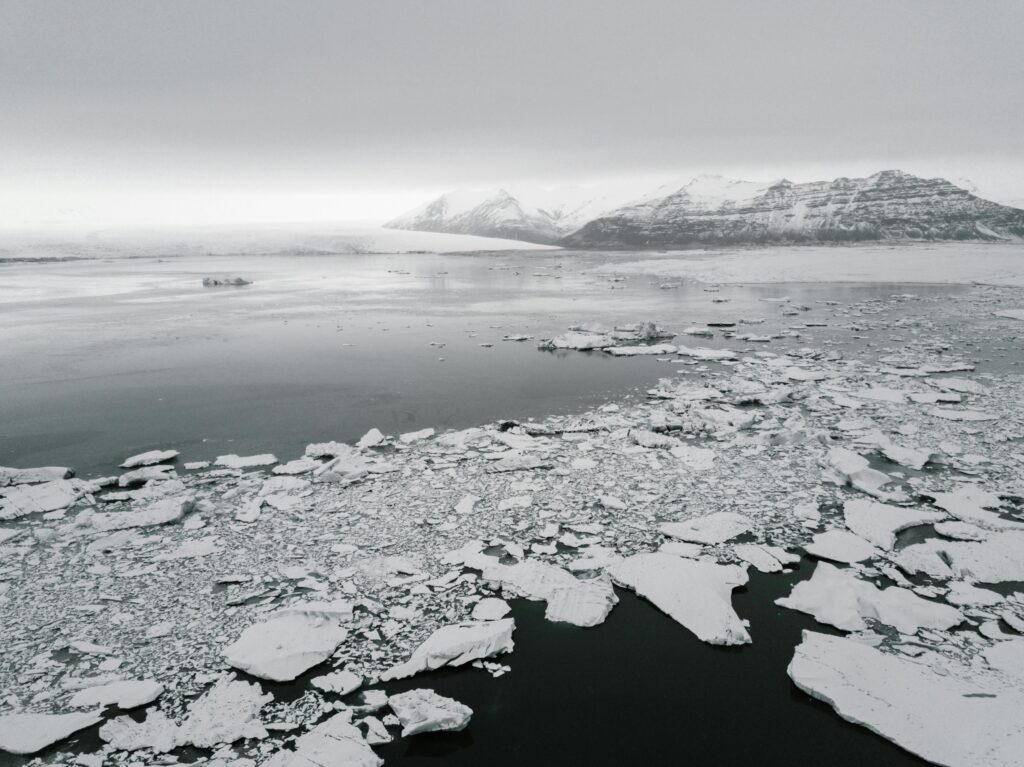
Notable Geographic Features
- Ross Ice Shelf: One of the largest ice shelves, approximately the size of France.
- Weddell Sea: Known for its large tabular icebergs.
- Transantarctic Mountains: Stretch across the continent, dividing it into two parts.
- Mount Erebus: An active volcano on Ross Island
Interesting Facts about Antarctica
Antarctica is truly one of the most fascinating places on Earth, a land of extremes and mysteries. Here are some incredible facts about this icy continent:
- The Cold Champion: Antarctica holds the record for the lowest temperature ever recorded on Earth. Imagine a bone-chilling -128.6°F (-89.2°C) at the Soviet Union’s Vostok Station!
- A Frozen Desert: Despite being covered in ice, Antarctica is technically a desert. It receives very little precipitation, less than 2 inches (50 millimeters) of rain or snow annually, making it drier than the Sahara.
- Endless Daylight: During the summer months, the sun doesn’t set in Antarctica. This phenomenon, known as the “midnight sun,” means you can experience continuous daylight. Conversely, winter brings complete darkness.
- No Permanent Residents: Unlike any other continent, Antarctica has no indigenous population. The only people who live there are scientists and support staff, who stay in research stations.
- Protected by Treaty: The Antarctic Treaty, signed in 1959, ensures the continent is used for peaceful and scientific purposes. It prohibits military activity, mineral mining, and nuclear testing.
- Unique Wildlife: The harsh conditions haven’t deterred wildlife. Several species of penguins, seals, and birds like the Antarctic petrel call Antarctica home. These resilient creatures thrive despite the extreme cold.
- Hidden Lakes: Beneath the ice sheets of Antarctica, there are subglacial lakes like Lake Vostok, which remain liquid due to geothermal heat.
- Massive Icebergs: The largest iceberg ever recorded, B-15, broke away from the Ross Ice Shelf in 2000. It was roughly the size of Jamaica!
- Active Volcano: Did you know there’s an active volcano in Antarctica? Mount Erebus on Ross Island is the southernmost active volcano on Earth and has a persistent lava lake in its crater.
Antarctica’s extremes and scientific value make it an incredibly important area for research, conservation, and understanding our planet’s climate. Isn’t it amazing to learn about such a unique part of our world?
More Travel Guides For World Tour
Thanks for looking! I hope this guide gave you some ideas for the Antarctica Map, including Animals, Cities, Desert, and Images. | A Complete Tour Guide
Create a budget planner for your trip to Europe by understanding this blog. Highly suggest reading this Europe Budget Planner
Don’t forget to bookmark my blog for more travel guides coming soon!

